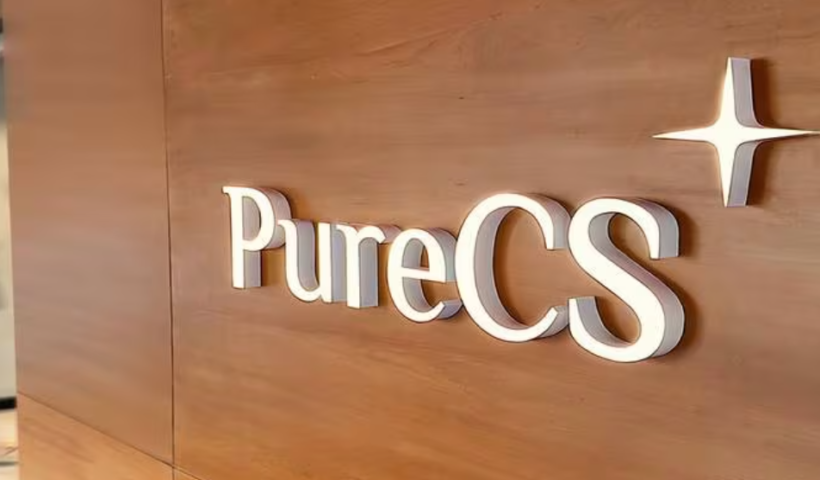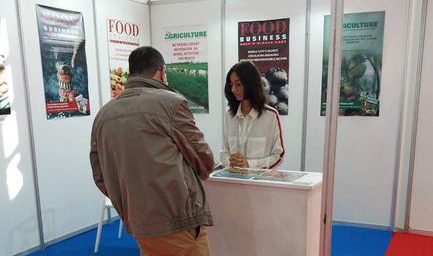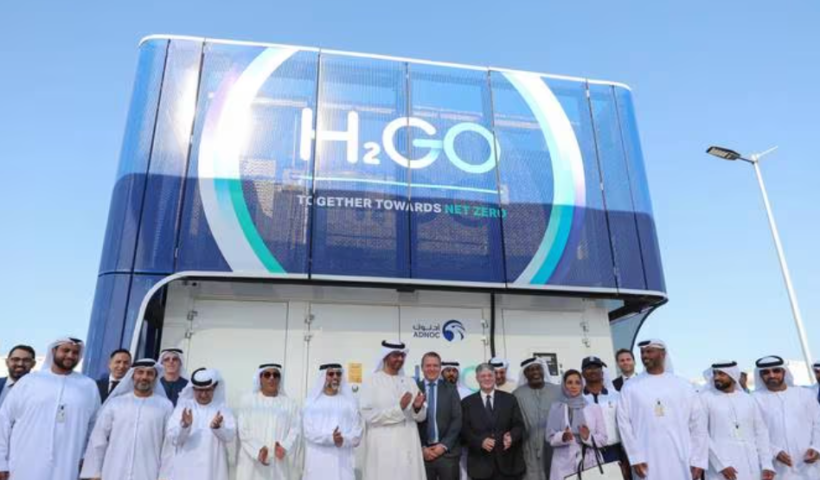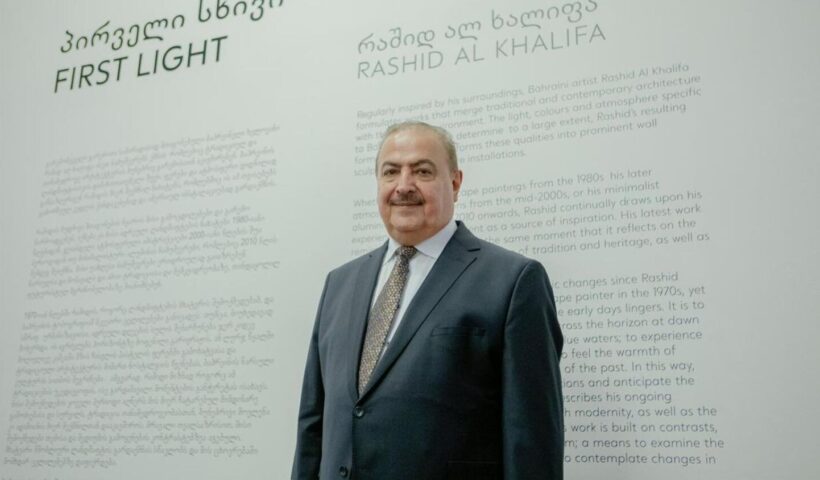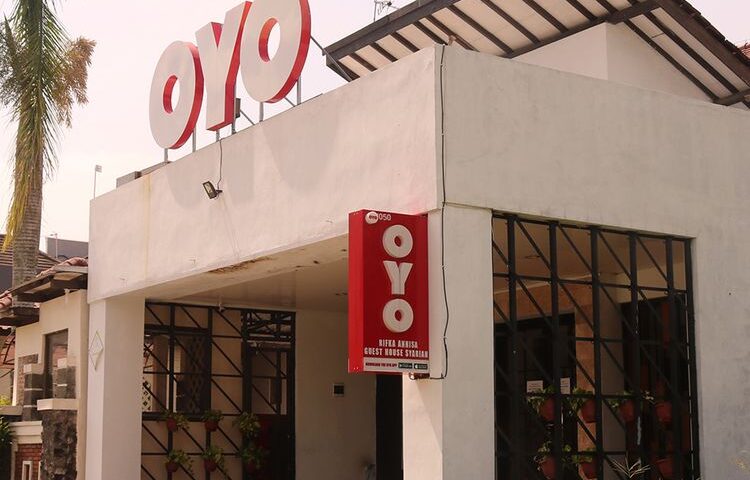According to the project’s head of tourism, millions of people will live in Saudi Arabia’s $500 billion future metropolis, Neom, by 2030.
Arrivals are anticipated to start in 2024.
Within the next ten years, two million “Neomians” should reside in the city, according to Andrew McEvoy, who spoke with The National.
Speaking outside of the Arabian Travel Market, which is presently taking place at Dubai’s World Trade Center, was Mr. McEvoy.
“As our first tourism assets open in 2024, you will see a lot of movement,” Mr. McEvoy stated.
“Work has already begun, and the tourism initiatives will launch at that point.”
Numerous tourist destinations, such as the Trojena mountain destination, will be located in Neom.
It is scheduled to open in 2026 and will feature mountain biking, a ski slope, and watersports facilities. Additionally, an interactive nature reserve will be included.
Neom is intended to be a smart city that runs on renewable energy.
The Wall Street Journal claims that because of previously disclosed plans that included flying taxis, holographic teachers teaching classes, and an artificial moon, it has drawn attention from all over the world.
Neom will be governed independently of the laws governing the rest of Saudi Arabia, according to Mr. McEvoy. This will increase its attractiveness to tourists and those thinking about moving there, he claimed.
Many people find it appealing because it offers the opportunity to virtually start from scratch in the creation of a new nation, he said.
“It’s a great way to get motivated for your career, and the Public Investment Fund will help make it happen.”Neom shall be regarded as a nation inside a nation, possessing its own sovereign territory and economic zone. The laws and regulations must align with the goals of the people we are trying to draw to this area to live and work.
Additionally, he stated that the locals would be referred to as “Neomians” rather than Saudis.
About 2,000 Neomians and 10,000 construction workers already reside there, according to Mr. McEvoy.
“We’re already drawing in a lot of experts in the energy, water, and health sectors who will be relocating here to live and work.”
Selling alcohol is a possibility.
In an effort to draw tourists and business from abroad, he also declined to rule out the sale of alcohol. He declared, “It’s definitely not off the table” to alcohol.
“We must match what competing destinations are offering if we want to be competitive.”
He added that the project is on track to be car-free by 2030.
“There will be a slight period of transition, but the city is being built to be completely car-free,” Mr. McEvoy stated.
Many of the modes of transportation of the future, such as electric hybrids, are already available, and we’re testing concepts like flying taxis.
“This is about supplying the travel of the future.”
An additional key area of emphasis for the project is sustainability. According to Mr. McEvoy, younger people are driving this because they are more committed to halting climate change than previous generations were.
“A new generation of young Saudis is driving this with a strong embrace of a new future, with Neom serving as a beacon of that future,” the statement reads.

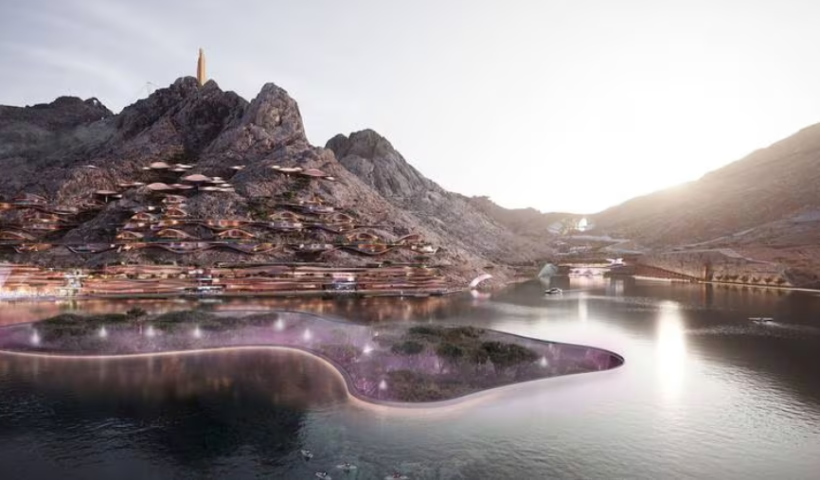
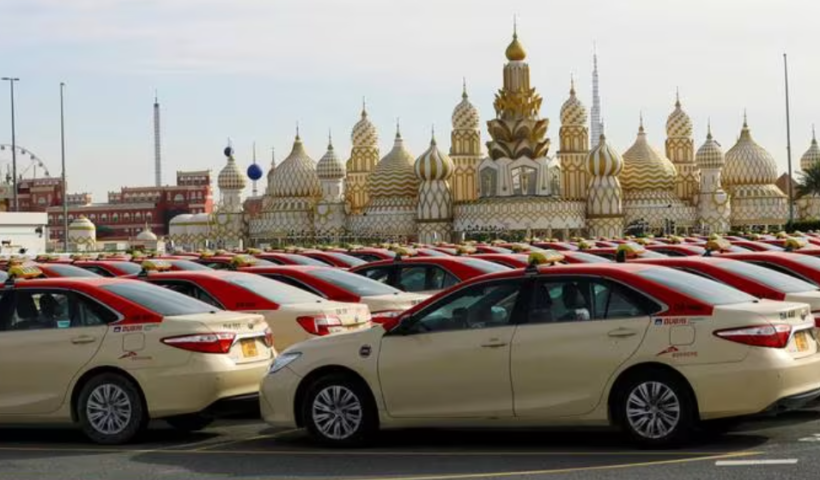


:quality(70)/cloudfront-eu-central-1.images.arcpublishing.com/thenational/EQVCJ4FUH5DLDLCOYYACKWYMOI.jpg)

